Lydia Jennings, Ph.D., US Indigenous Data Sovereignty Network & Native Nations Institute, University of Arizona
Mary Beth Jäger, MSW, Indigenous Foods Knowledges Network & Native Nations Institute, University of Arizona
Time: Friday, March 18, 2022 from 1:15 PM – 2:30 PM (UPDATED)
Title: Putting Indigenous Data Sovereignty into Practice: The Indigenous Food Knowledges Network
Abstract: The Indigenous Food Knowledges Network (IFKN) is an example of Indigenous data sovereignty in practice. Beginning in 2018, IFKN focuses on building community partnerships on the land and facilitating discussions with community knowledge experts in relation to food and land resilience. One of the main goals of IFKN is “seek[ing] to build connections among Indigenous communities in the Arctic and the US Southwest. Indigenous Peoples in these two regions share common challenges around sustaining, revitalizing, and adapting food and knowledge practices in the context of environmental and social change” (IFKN Chater, page 1). We will discuss how this community-led collaborative has interwoven Indigenous data sovereignty throughout their partnerships, leading to powerful, place based relationships during the COVID19 pandemic. This facilitated the Impact of COVID-19 on Food Access in Indigenous Communities in the Arctic and U.S. Southwest: A Comparative Landscape Analysis study (NSF-OPP Award # 2035161). We will share how we co-developed this project and example stories about food access from our Experts in the U.S. southwest region.
About the Speakers: 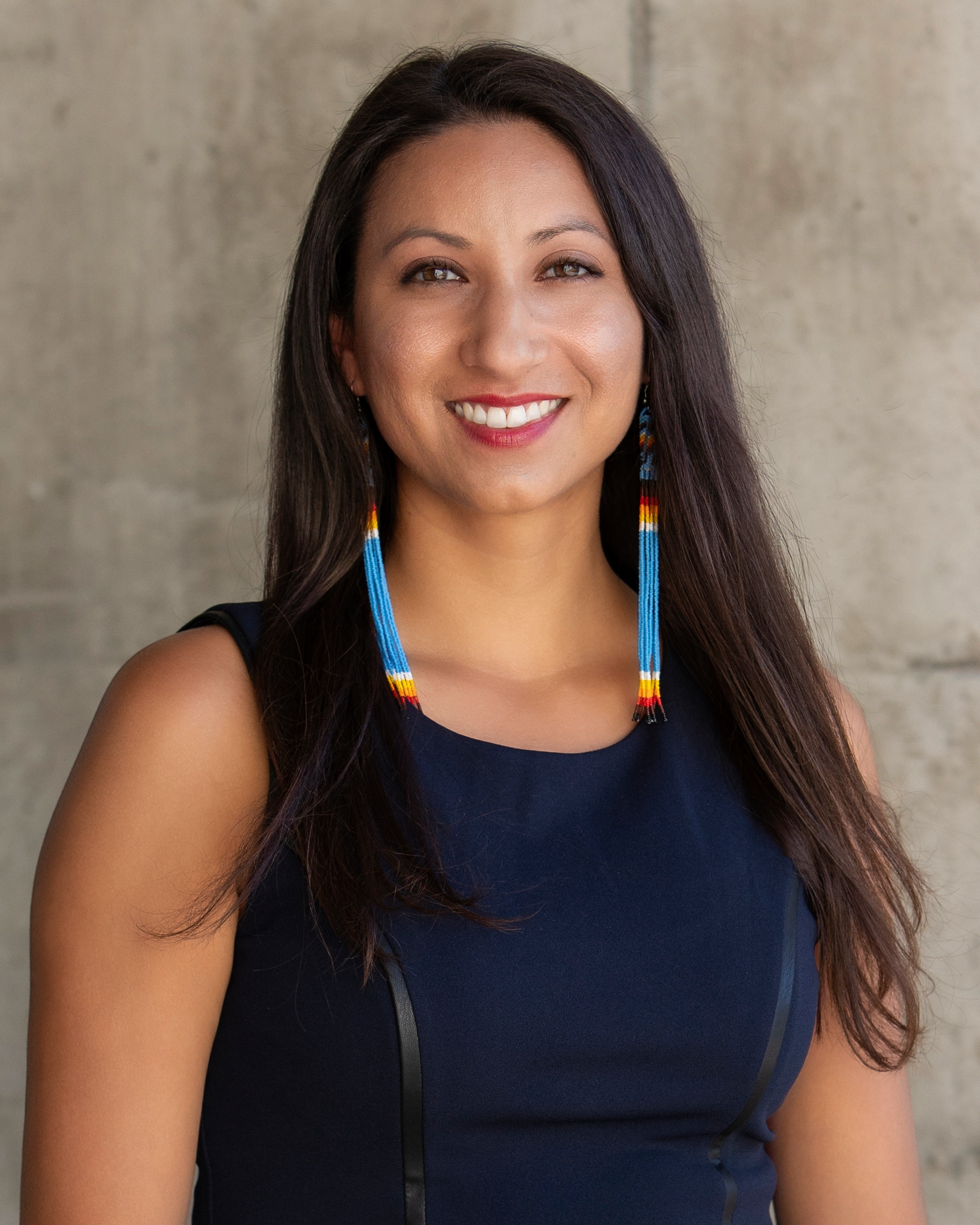 Lydia Jennings (she/her) grew up in Santa Fe, New Mexico (Tewa lands) and is Huichol (Wixáritari) and Pascua Yaqui (Yoeme). Lydia earned her Bachelor of Science from California State University, Monterey Bay in Environmental Science, Technology and Policy. Lydia is a Postdoctoral Fellowship in Community, Environmental and Policy at the University of Arizona’s Mel and Enid Zuckerman College of Public Health. Lydia’s research interests are in soil health, environmental remediation, mining policy, and environmental data ownership by tribal nations.
Lydia Jennings (she/her) grew up in Santa Fe, New Mexico (Tewa lands) and is Huichol (Wixáritari) and Pascua Yaqui (Yoeme). Lydia earned her Bachelor of Science from California State University, Monterey Bay in Environmental Science, Technology and Policy. Lydia is a Postdoctoral Fellowship in Community, Environmental and Policy at the University of Arizona’s Mel and Enid Zuckerman College of Public Health. Lydia’s research interests are in soil health, environmental remediation, mining policy, and environmental data ownership by tribal nations.
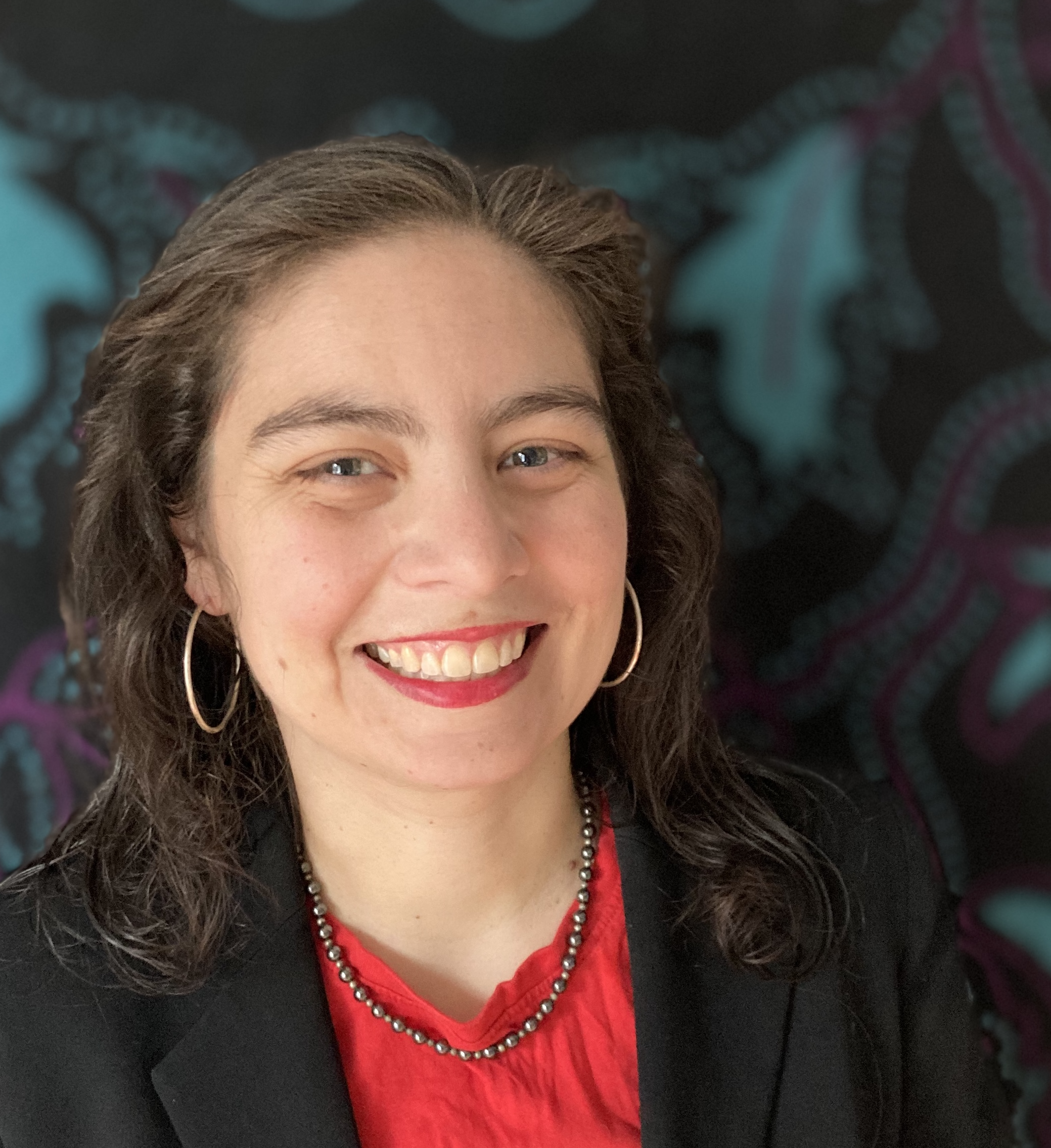
Mary Beth Jäger is a citizen of the Citizen Potawatomi Nation, Xicana, and German-descent. She serves as a research analyst at the Native Nations Institute at the University of Arizona where her work expands a diverse range of Indigenous governance areas. Two of her favorite Indigenous governance areas include Indigenous food and data sovereignty. Jäger co-leads the Indigenous Foods Knowledges Network (Award Number 1745499 & ifkn.org) and is a Co-PI for the comparative study of COVID-19 impacts on Indigenous individuals’ food access, security and sovereignty in Alaska and the Southwest U.S. (NSF-OPP Award Numbers 2035161 & 2035233). One key aspect of the projects is co-producing knowledge with fellow Indigenous collaborators. Overall, she hopes the research will strengthen Native people and nations relationships with each other and with the land and non-human kin.
Gilberto Lopez, Ph.D., School of Transborder Studies, Arizona State University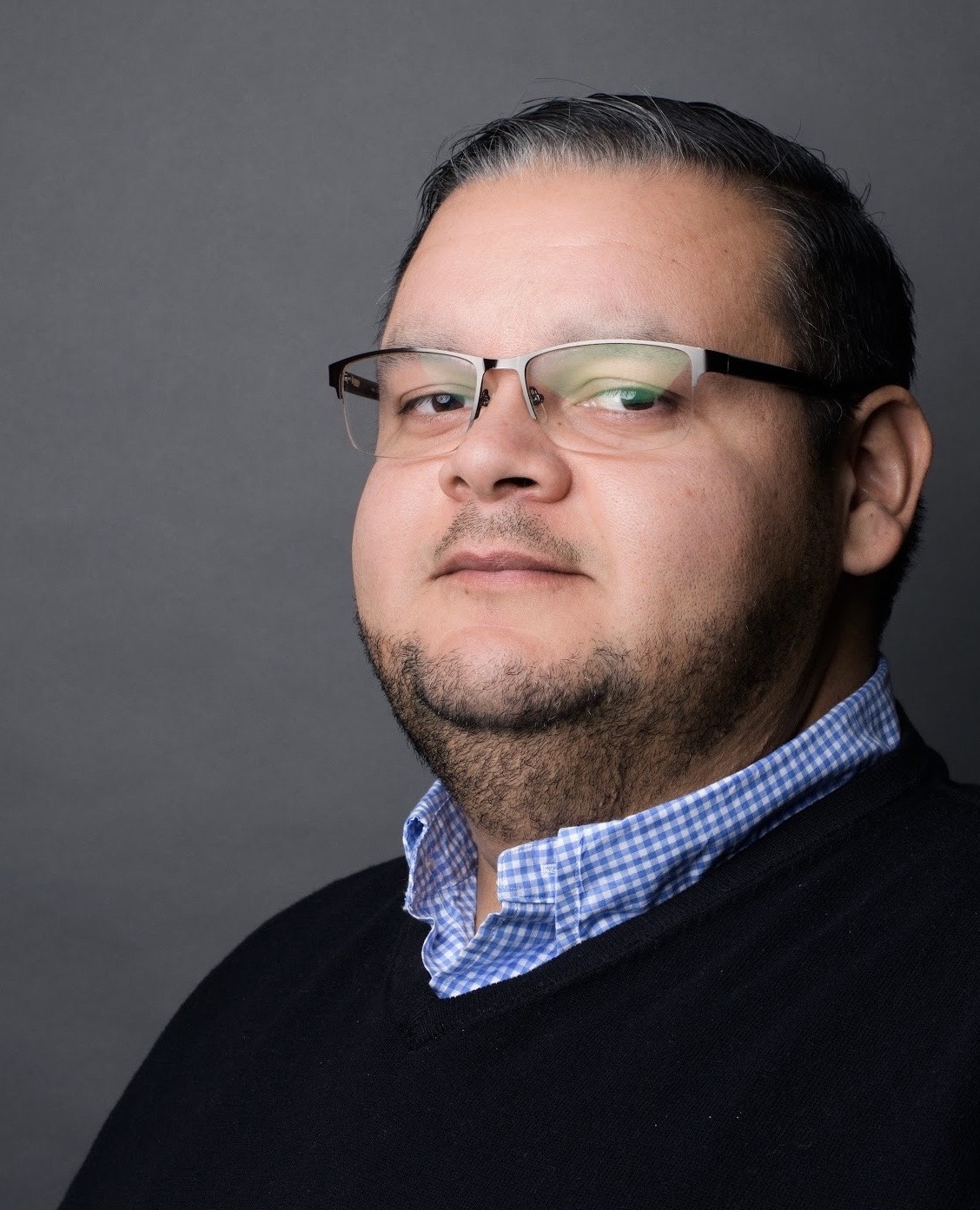
Time: Friday, January 28, 2022 from 1:15 PM – 2:30 PM
Title: Challenging the Status Quo: Combining the Arts and Social/Health Sciences to Develop Culturally-Tailored COVID-19 Information for Latinx.
Abstract: Since the WHO declared COVID-19 a global pandemic in March 2020, the U.S. has seen over 700,000 deaths. Latinx communities have seen a disproportionate burden of this disease as they are nearly 2x more likely to contract COVID-19, 4x more likely to be hospitalized from COVID-19, and 3x more likely to die from COVID-19, compared to non-Hispanic Whites. Latino men lost an average 3.7 years off their lives in 2020. One important driver of these inequities is the lack of reliable and culturally tailored COVID-19 information for Latinx communities. The COVID Latino project aims to fill this void and provide Latinx communities with culturally-tailored, and empirically based, COVID-19 information by merging the arts with the social/health sciences. In his talk, Dr. Lopez will discuss the impetus, rationale, and process of developing culturally-tailored COVID-19 campaigns for Latinx.
About Dr. Gilberto Lopez: Dr. Gilberto Lopez is an Assistant Professor in the School of Transborder Studies at Arizona State University. He is also director of the COVIDLATINO project, which combines the arts and the social/health sciences to create culturally-tailored COVID-19 information for Latinx populations. His work uses social determinants and political economy of health frameworks to understand the health and wellbeing of disenfranchised populations. Dr. Lopez’s ultimate goal is to produce data that will guide the development and implementation of interventions that reduce social inequities.
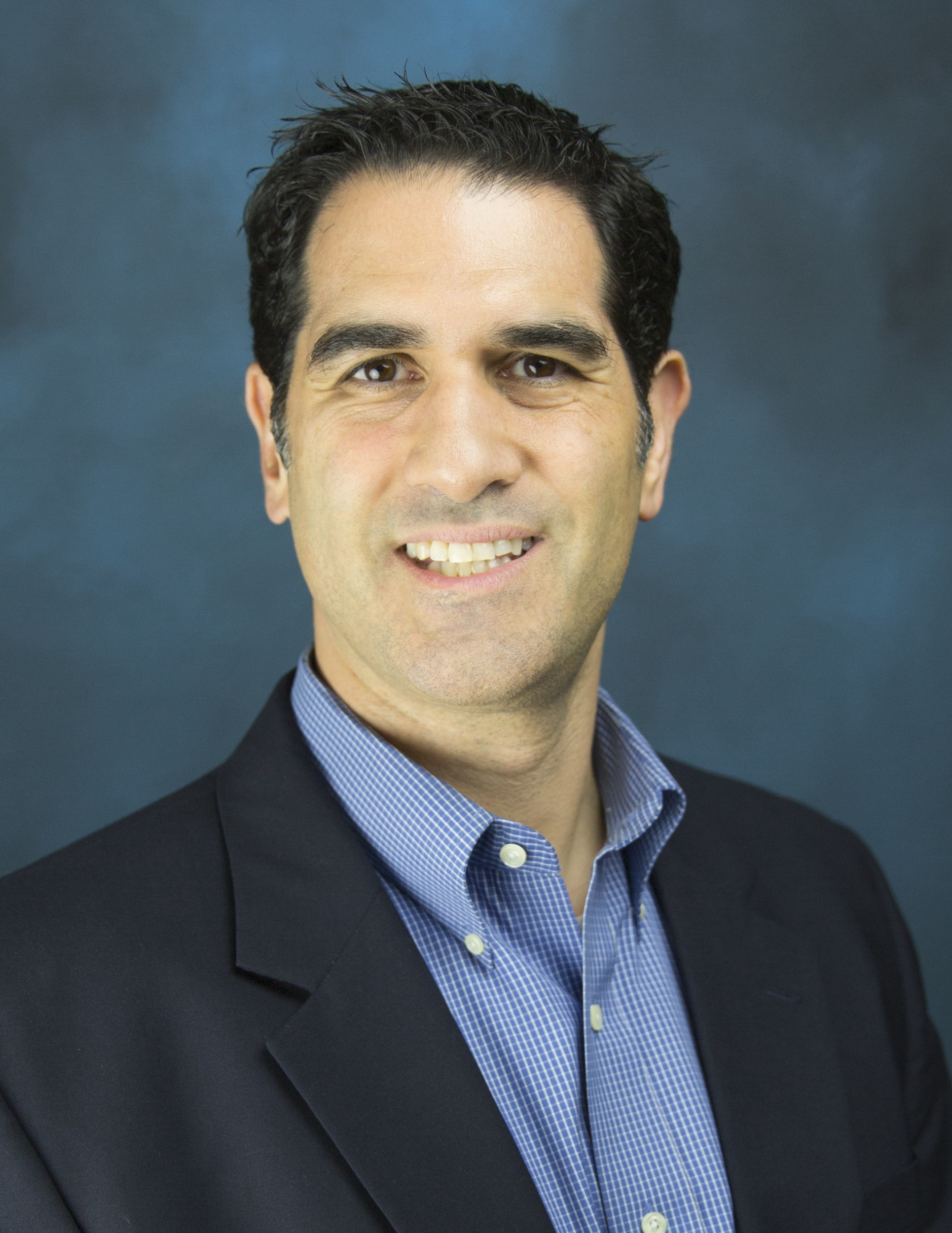 Ted Futris, Ph.D., Department of Human Development and Family Science, University of Georgia
Ted Futris, Ph.D., Department of Human Development and Family Science, University of Georgia
Time: Friday, December 3, 2021 from 1:15 PM – 2:30 PM
Title: Elevating Relationships Through Couples Relationship Education
Abstract: Couple relationship education (CRE) shares information and skills that can help couples develop and maintain a satisfying, healthy, and stable relationship. Since 2006, federal funding for couple-focused intervention services has supported both the formative evaluation (e.g., implementation studies) of CRE as well as summative investigations of program impact and outcomes. Research evaluating the growing number of evidence-based CRE programs has offered a strong foundation for best-practices and shown that these educational interventions can be effective, albeit many gaps still remain in understanding who benefits most from CRE and the mechanisms of change. Dr. Futris will share an overview of this body of work and describe the development and evaluation of a CRE program supported by this initiative, ELEVATE: Taking Your Relationship to the Next Level.
About Dr. Futris: Ted G. Futris, PhD is a Professor in Human Development and Family Science and a State Extension Family Life Specialists at the University of Georgia. He has a Ph.D. in Human Development and Family Studies from the University of North Carolina at Greensboro. Dr. Futris’ work, which integrates research with outreach programming to promote healthy couple and coparenting relationships, has been funded in excess of $27 million from federal and state grants. He is currently the Principal Investigator of a 5-year, federal grant that is examining variations in changes in individual and relationship well-being among couples participating in the virtual versus in-person implementation of ELEVATE: Taking Your Relationship to the Next Level, an evidence-based couples education program he co-authored. Dr. Futris was the 2018 co-recipient of the National Council on Family Relation’s (NCFR) Margaret E. Arcus Family Life Educator Award, in recognition of his contributions to advancing resources and best practices in couples relationship education. NCFR also conferred its prestigious Fellow status to Dr. Futris in 2021. To learn more about Dr. Futris’ work, visit http://www.fcs.uga.edu/people/bio/tfutris.
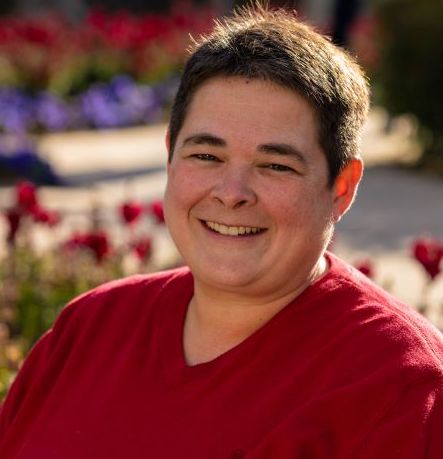 Jennifer Earl, Ph.D., School of Sociology, University of Arizona
Jennifer Earl, Ph.D., School of Sociology, University of Arizona
Time: Friday, October 8, 2021 from 1:15 PM – 2:30 PM
Title: Young People and Social Movements: What are Scholars and Movements Missing?
Abstract: Young people have been, and continue to be, critical to social movements in the US and around the world. However, neither scholars nor social movement organizers often behave in ways that reflect the importance of young people. In this talk, I focus on three themes related to this: (1) I will report on existing and in-progress research that demonstrates the importance of young people to protest politics historically and today; (2) I will report on research that demonstrates that social movements are not doing much to reach out to young people; and (3) I will map out a way forward for both researchers and social movements. This research shows that young people have been active in movements despite their neglect, not because of adult facilitation, and offers suggestions about how an allyship model would allow social movements to better recognize, support, and benefit from the engagement of young people. Implications also include how social movement scholars may change to accommodate insights brought by studying young people’s involvement.
Helpful Resources: 10 Questions for Young Changemakers and Informing Activists ~ Table of Contents
About Dr. Jennifer Earl: Jennifer Earl is a Professor of Sociology and (by courtesy) Government and Public Policy at the University of Arizona. Her research focuses on social movements, information technologies, and the sociology of law, with research emphases on youth activism, Internet activism, social movement repression, and legal change. She is the recipient of a National Science Foundation CAREER Award for research from 2006-2011 on Web activism. She was also a member of the MacArthur Research Network on Youth and Participatory Politics. She has published widely, including an MIT Press book, co-authored with Katrina Kimport, entitled Digitally Enabled Social Change, which examines how the use of Internet affordances are reshaping the basic dynamics of protest online and was awarded an Honorable Mention for the Communication and Information Technologies Section of the American Sociological Association’s Book Award in 2013. She was inducted in 2016 to the Sociological Research Association, an honorary association for sociological researchers. She is also the winner of a career achievement award from the Communication, Information Technologies, and Media Sociology Section of the American Sociological Association.
Caroline F. D. Black, Ph.D., Department of Teaching and Learning, College of Education, Northern Arizona University
Time: Friday, September 17, 2021 from 1:15 PM – 2:30 PM
Title: Direct and Indirect Effects of Supportive Coparenting Relationships on Children’s Social and Behavioral Development: Does Coparenting Matter More for Children of Teenage Parents than Adult Parents?
Abstract: Although research suggests that supportive coparenting relationships promote children’s positive development, we know very little about processes that explain these associations and for whom supportive coparenting relationships matter most. The goal of this study is to examine whether warm-stimulating parenting explains the association between supportive coparenting relationships and child social and behavioral outcomes and if these effects differ by parental age. We used maternal and paternal data from Fragile Families and Child Well-being Study (N= 3,420) and structural equation modeling to test for direct and indirect effects of supportive coparenting on children’s developmental outcomes and moderation analyses to test whether effects differ by parental age. Findings suggest that supportive coparenting relationships relate differently to children’s developmental outcomes based on parent age and gender. For children of adult and teenage mothers, warm-stimulating parenting fully explained the association between supportive coparenting relationships and child prosocial behaviors, while this association did not hold for adult or teenage fathers. Paternal age moderated the direct association between supportive coparenting and child prosocial behaviors, with children of teenage fathers benefiting more than children of adult fathers. Finally, warm-stimulating parenting mediated the association between supportive coparenting and child problem behaviors for adult mothers and fathers, while supportive coparenting relationships directly related to lower levels of child problem behaviors for teenage mothers and fathers. Programs supporting young mothers and fathers may benefit by targeting supportive coparenting relationships as a means to promote positive child development and responsive parenting behaviors.
About Dr. Caroline Black: Dr. Caroline Black is an Assistant Professor of Early Childhood Education at NAU. Prior to obtaining her doctorate, Dr. Black worked as a preschool teacher and early childhood administrator in New York City, NY. She has three primary strands of research, (a) understanding linkages among family relationships, parenting, and children's psychosocial development, (b) identifying implementation and evaluation processes required of effective early childhood and family support programs, and (c) engaging in community-based participatory research to address social inequities of young mothers in Northern Arizona.








.png)